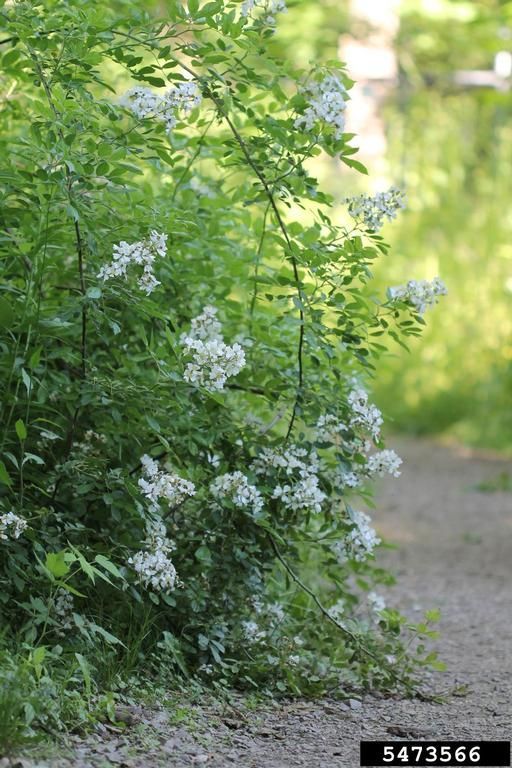November NRC Preview
Wolves and Proposal G both will be discussed during the November Natural Resources Commission (NRC) meeting.
The meeting is scheduled for 9 a.m. on Thursday, November 10 at Lansing Community College West Campus, 5708 Cornerstone Drive Lansing, Michigan 48917.
Michigan United Conservation Clubs (MUCC) Executive Director Amy Trotter and Executive Board President Tim Muir will present MUCC resolutions passed at the 2022 convention, including a defense of Proposal G to the newly-created NRC Policy and Governance Committee.
Under new business, the Department of Natural Resources (DNR) will unveil the final version of the 2022 Wolf Management Plan.
MUCC believes the process has taken exceedingly long to complete, and at the time of this writing, the white paper is still not available to the public. MUCC provided comments on the draft plan back in July. Trotter also served on the Wolf Management Advisory Council.
Chad Stewart, DNR deer, and elk specialist, will be presenting the 2022 Draft Elk Management Plan to commissioners. Public comment is still open on this plan and is due by November 11, 2022.
Up for action this month are a pair of fisheries orders tabled at the October meeting , a wildlife conservation order with proposed turkey changes, a single land use order of the director, and several land transactions.
- Fisheries Order 206.23 includes a change to muskellunge regulations on the Cisco Chain Lakes, increasing the minimum size limit to 50 inches. At the October meeting, many UP residents and MUCC spoke against the change.
- Fisheries Order 210.23 was tabled for commissioners to gather more information from law enforcement regarding proposed changes to trout stream designations.
- Wildlife Conservation Order #5 of 2022 is a proposed change to Unit E, combining the first and second hunt quotas and season dates into a single two-week season.
- Land Use order of the Director #8 of 2022 designates parts of the Michigan Iron Industry Museum as a state park and shifts management of those areas.
- There are nine land transactions on the agenda, MUCC policy is to review all transactions exceeding 80 acres, this month there is one exceeding that threshold. Land Transaction Case #20220064 is a purchase of 520 acres that borders multiple state-owned properties and would bring the remainder of Fulmer Lake shoreline into state ownership.
MUCC will be streaming the meeting on our Facebook page as technology allows.
To ensure our natural resources remain protected and managed thoughtfully in perpetuity, join Michigan United Conservation Clubs today: http://bit.ly/JoinMUCC .
The post November NRC Preview appeared first on Michigan United Conservation Clubs.
Recent Posts



